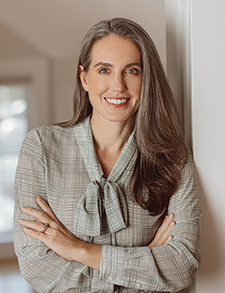Quiet quitting: A new term surfacing over the past several years is putting a contemporary spin on a long-term problem within the workforce.


Quiet quitting: A new term surfacing over the past several years is putting a contemporary spin on a long-term problem within the workforce.

Gig work has generally been on the rise, fueled largely by a shortage of otolaryngologists, ENT physicians’ desire to limit demanding call work that can lead to burnout, and the need to fill the gaps while healthcare systems conduct time-consuming searches to staff vacancies.

Designing parental leave is part of a broader issue of acknowledging that physicians have other things going on in their lives—personal and family.

Editor Robin Lindsay, gives pointers to help your journey for work-life balance choices a little easier.

Physicians can be powerful advocates for causes they believe in. Here are some examples.

Hemendra Bhatnagar, MD, applies the exceptional fine motor skills he once used in surgeries to paint landscapes and create woodwork.
Conflicting demands between home and professional life are one of the barriers to recruiting, promoting, and retaining women in academic otolaryngology.

Richard Isaacs, MD, CEO and executive director of The Permanente Medical Group, discusses his work, including how his background as an otolaryngologist has prepared him for the role.


A panel of experts share insights on how to keep morale high and help stressed out physicians.